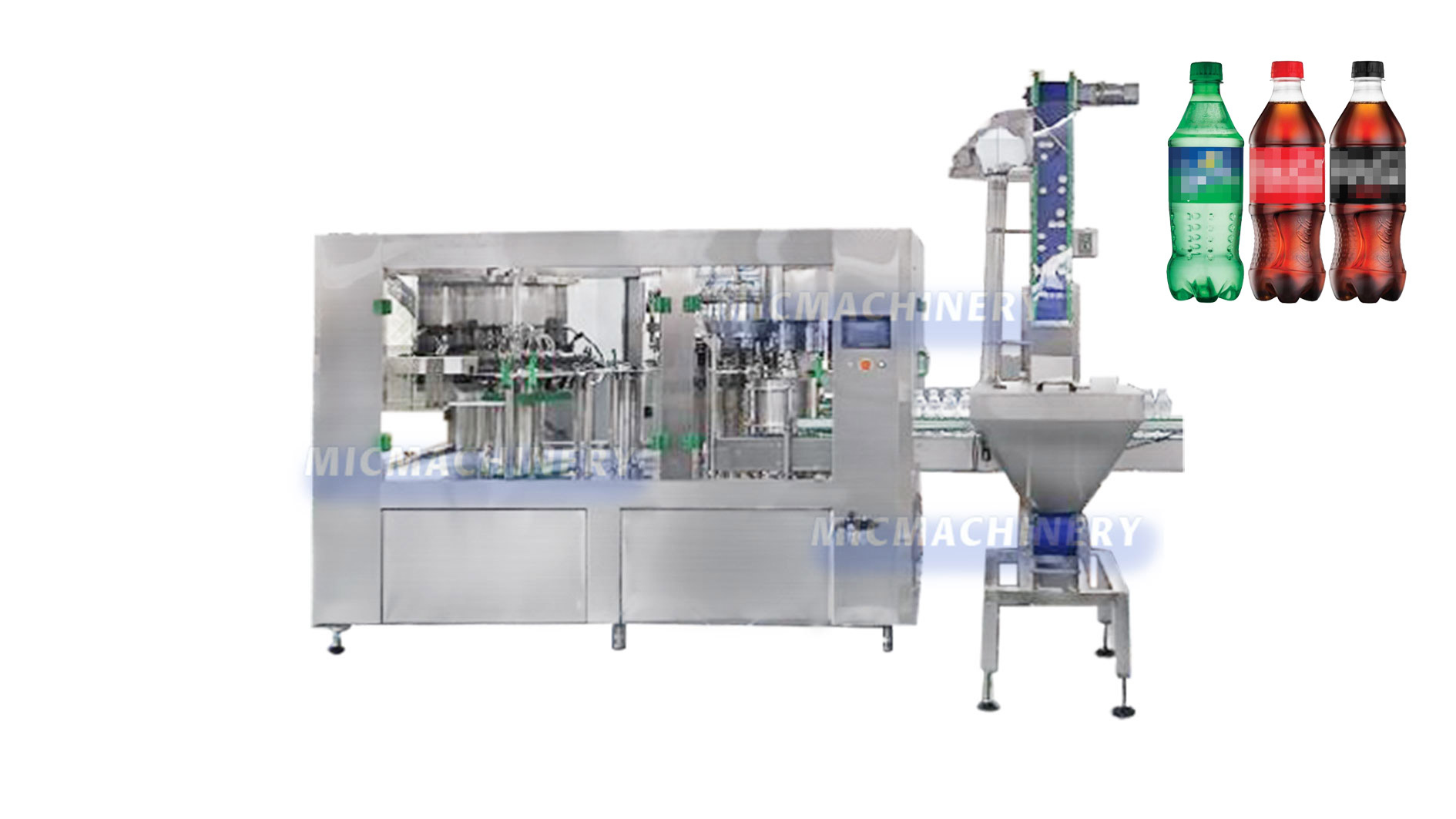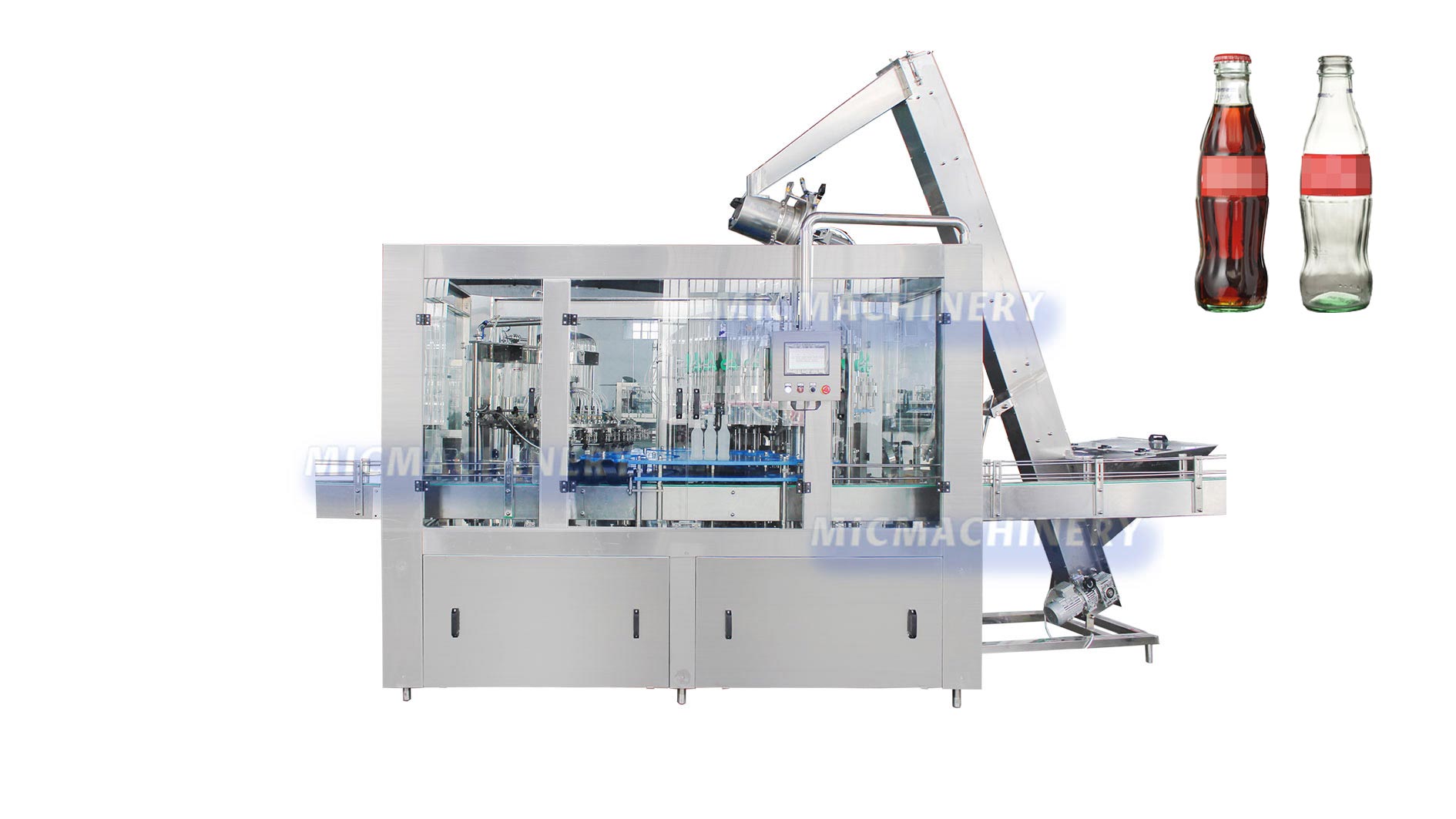Water Quality Instruments 2024: Status & Outlook
Water Quality Instruments 2024: Status & Outlook
Water quality testing instruments are specialized devices used to monitor and analyze various components in water, widely applied in fields such as environmental protection and water resources preservation. With continuous advancements in related technologies, the domestic market for water quality testing instruments has further expanded.
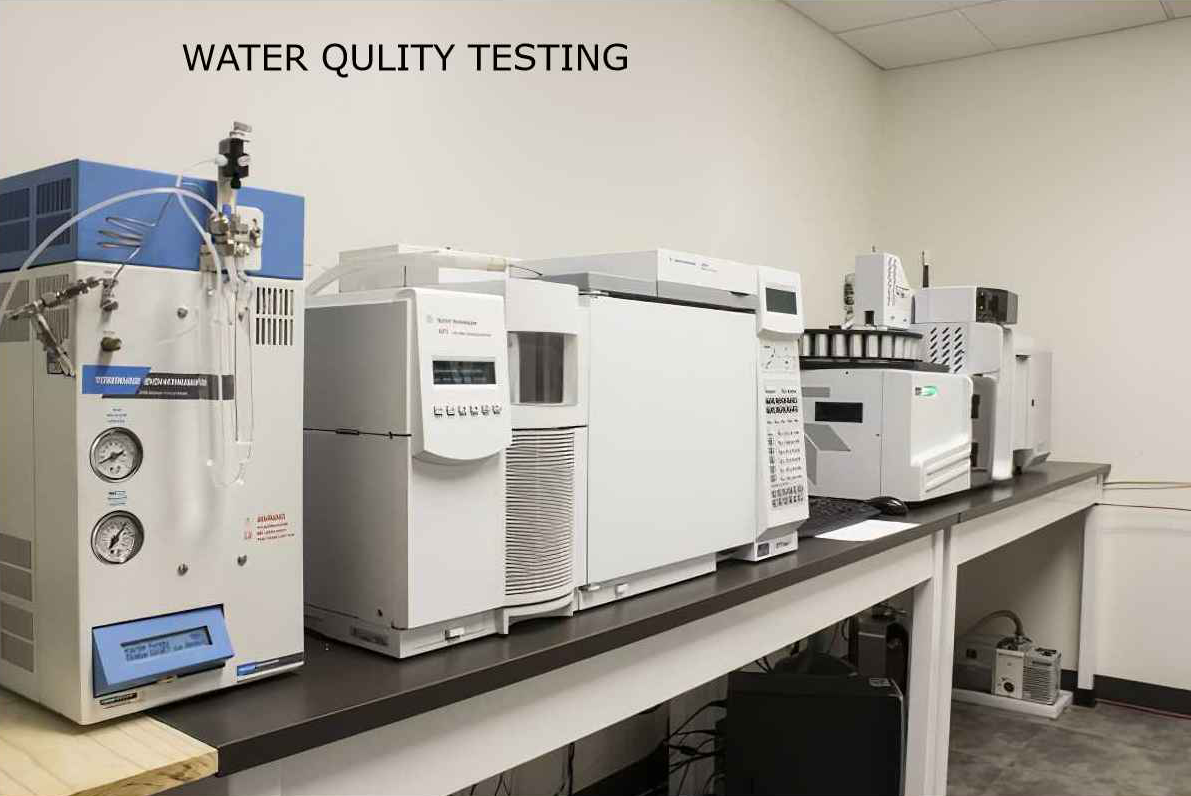
Industry Analysis of Water Quality Testing Instruments
In China, the market for water quality testing instruments also demonstrates a favorable development trend. With the rapid development of domestic sensor enterprises and analytical technologies, the increasing demand for environmental monitoring has propelled the expansion of China's market for water quality testing instruments. According to the analysis of the current status of the water quality testing instrument industry, the market size of China's water quality monitoring equipment increased from 6.668 billion yuan in 2017 to 17.626 billion yuan in 2021, a year-on-year increase of 13.53% over 2020. This indicates a significant growth in China's market for water quality testing instruments over the past few years.
The water quality testing instrument market shows a trend of steady growth. The global market size for water quality monitoring instruments has averaged an annual growth of approximately 10% in recent years and is expected to maintain a high growth rate in the coming years. China's market for water quality monitoring equipment also demonstrates significant growth, with the market size expanding year by year, indicating promising development prospects.
From the perspective of market driving factors, the government's emphasis on environmental protection, the improvement of water quality monitoring standards, and the strengthening of industrial wastewater discharge requirements are the main driving forces behind the development of the water quality testing instrument market. Meanwhile, with the continuous advancement of technology, the performance of water quality testing instruments has been greatly improved, meeting users' demands for high accuracy and stability.
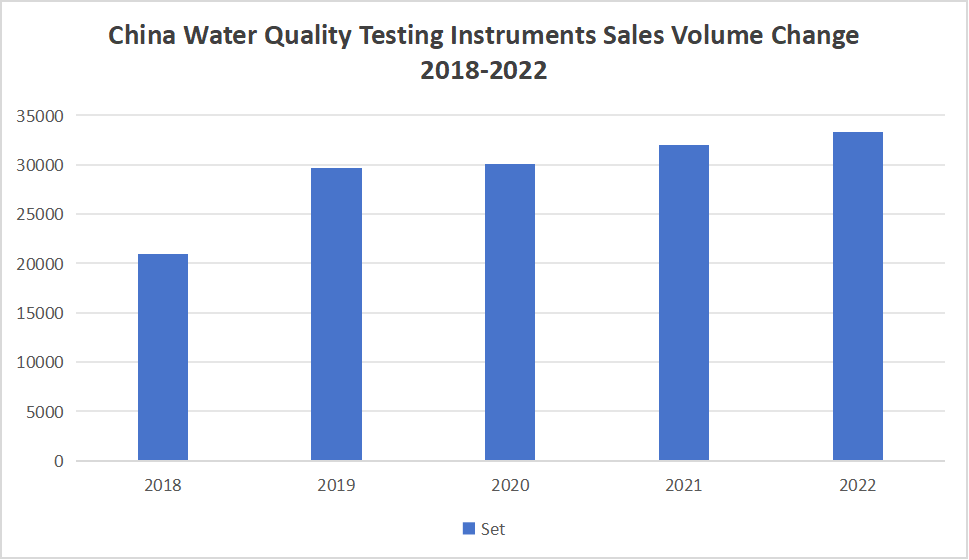
Technologies in the Water Quality Testing Instrument Industry
Electrochemical Sensor Technology: Used to measure chemical parameters in pool water, such as pH value, oxidation-reduction potential (ORP), free chlorine, dissolved oxygen, etc. Electrochemical sensors generate electric signals by reacting with specific substances in the water, thereby measuring their concentrations.
Optical Sensor Technology: Used to measure turbidity and color in water. They work by emitting light and passing it through the sample, then detecting changes in the light after it passes through the sample. Turbidity sensors typically use the principles of scattered light or transmitted light, while color sensors may use absorption spectroscopy techniques.
Smart Maintenance and Calibration: Smart water quality testing instruments have self-diagnostic and maintenance functions, capable of automatic calibration and troubleshooting, reducing maintenance costs and downtime.
User-Friendly Interface: Smart water quality testing instruments are equipped with touchscreens or mobile applications, providing intuitive and user-friendly interfaces for convenient operation and management.
In conclusion, the water quality testing instrument industry encompasses various sensor technologies and smart features, making water quality testing more accurate, efficient, and convenient, thus providing strong support for water environmental protection and governance.
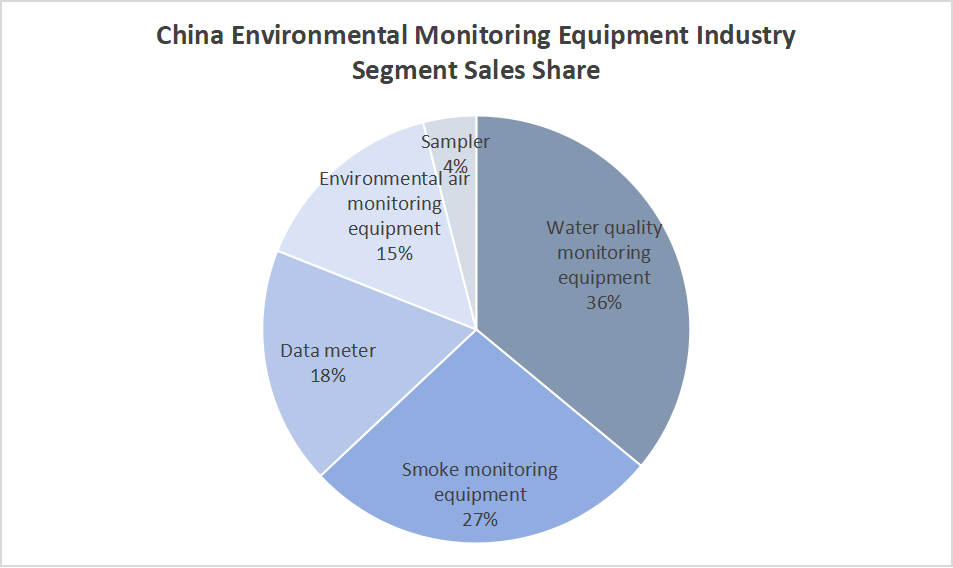
Continuous Growth in Demand for Water Quality Testing Instruments
Water Resource Management: With the growing global population and economic development, the demand for water resource management becomes increasingly urgent. Water quality testing instruments can help monitor the quality of water sources, groundwater, rivers, lakes, etc., to promptly identify pollution sources and water quality issues, providing scientific basis for water resource management.
Water Treatment and Supply: Water quality testing instruments play a crucial role in the water treatment process. They can monitor the water quality of water sources and various indicators during the treatment process to ensure that the water supplied to users meets hygiene standards. Water treatment plants, water supply companies, and drinking water supply enterprises all require water quality testing instruments to ensure water quality safety.
Environmental Protection and Monitoring: Water quality testing instruments are widely used in the fields of environmental protection and monitoring. They can monitor the water quality of industrial wastewater, agricultural emissions, urban sewage, etc., to promptly identify and control sources of pollution, protecting environmental safety and ecological balance.
Aquaculture: Water quality is essential for the healthy development of aquaculture. Water quality testing instruments can monitor indicators such as dissolved oxygen, temperature, and pH value in aquaculture water, helping aquaculture operators maintain suitable conditions for water bodies and improve aquaculture efficiency.
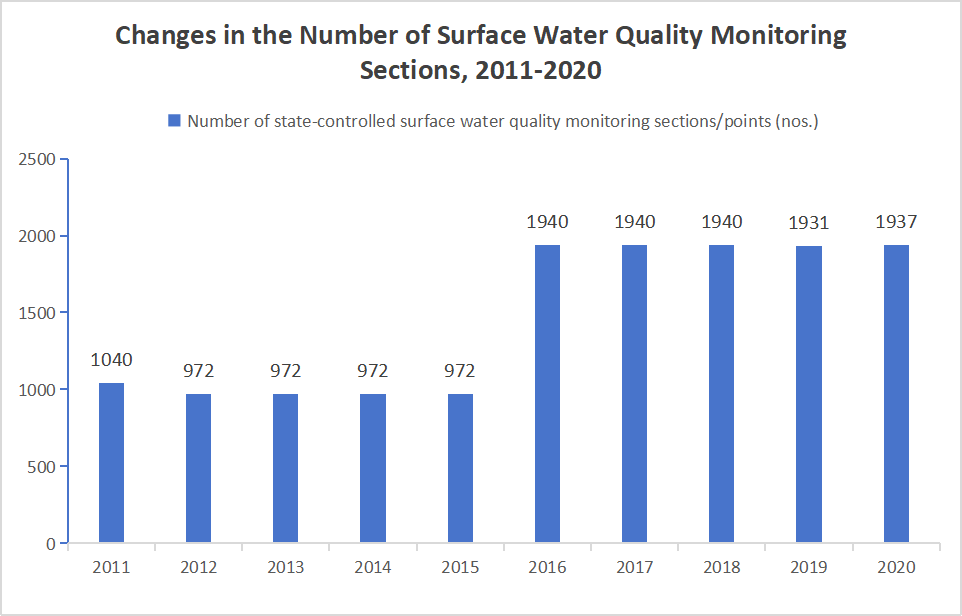
Development Trends of the Water Quality Testing Instrument Market
Technological Upgrades: With the continuous advancement of technology, the technology of water quality testing instruments will continue to upgrade. For example, current water quality testing instruments widely adopt wireless transmission, cloud computing, artificial intelligence, and other technologies, enabling higher accuracy and more efficient data analysis.
Expansion of Applications: The application scope of water quality testing instruments continues to expand. In addition to traditional fields such as drinking water, sewage treatment, and environmental protection, water quality testing instruments can also be applied in agriculture, food safety, and emerging fields such as home testing and swimming pool water quality testing.
Increased Automation: With the promotion of smart manufacturing, water quality testing instruments will become increasingly intelligent and automated. For example, functions such as automatic sampling, automatic cleaning, and automatic calibration will become more popular, reducing the time and cost of manual operations.
Portability and Miniaturization: The development trend of future water quality testing instruments also includes portability and miniaturization. For example, some portable water quality testing instruments have been introduced, allowing water quality testing to be conducted anytime, anywhere. This trend will be promoted, making it more convenient for more people to conduct water quality testing.
In summary, with the continuous advancement of technology and the expansion of application areas, the development trend of the water quality testing instrument market will become increasingly favorable. In the future, with the continuous upgrade of technology and the expansion of application areas, water quality testing instruments will play a more important role in environmental protection, drinking water, sewage treatment, agriculture, food safety, and other fields.

